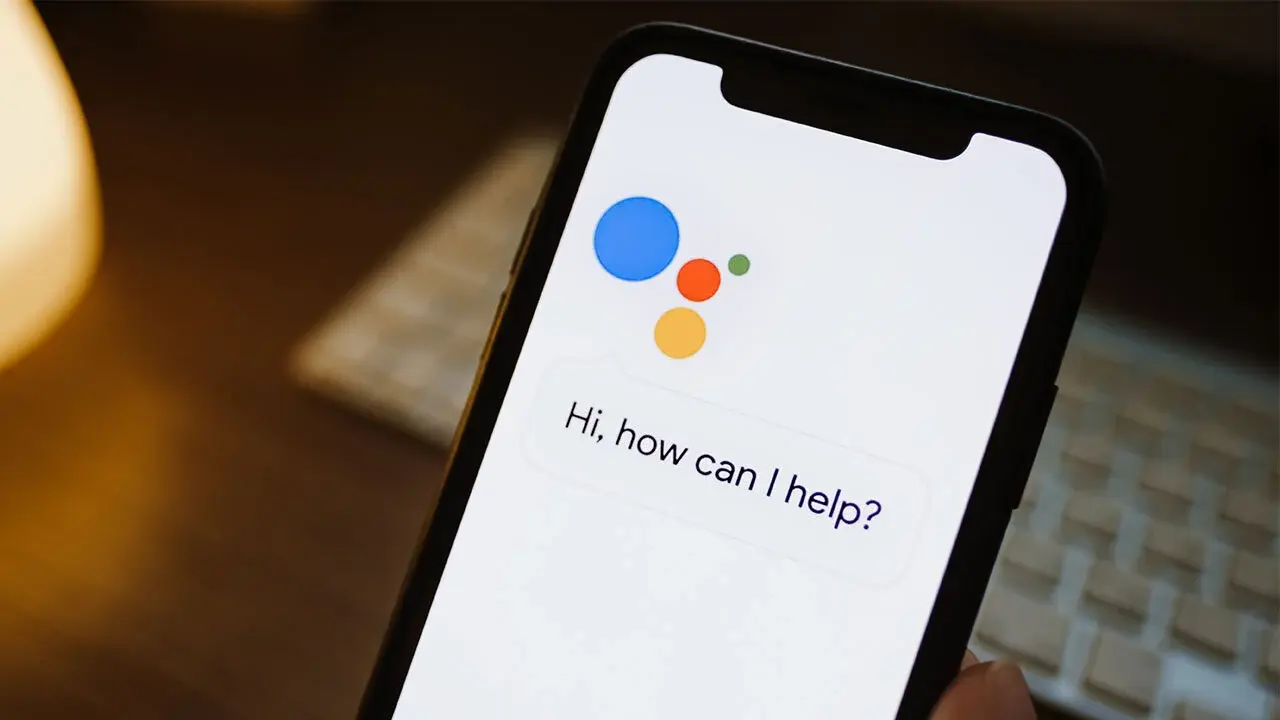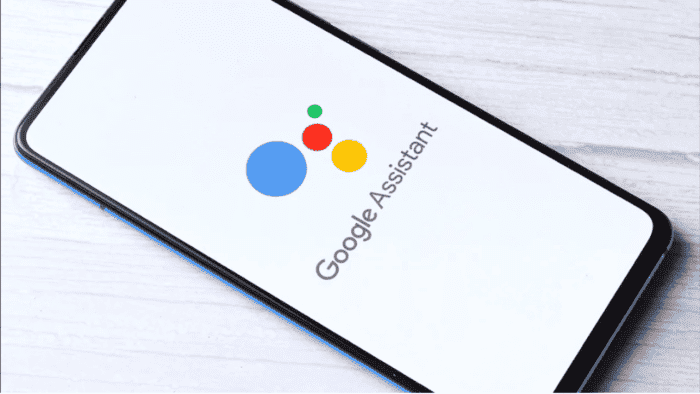Google Assistant, the once-ubiquitous digital helper, is undergoing a transformative journey. As the AI landscape evolves, Google has chosen to refocus Assistant’s capabilities. Streamlining its features and paving the way for deeper integration with the burgeoning Bard platform. While this strategic shift may initially appear as a reduction in offerings, it represents a deliberate optimization. Prioritizing core functionalities and laying the groundwork for a more powerful and intuitive assistant in the future.
Google Assistant Reshapes Its Landscape: Prioritizing Core Functions and Embracing Bard’s Potential

Simplifying for Strength:
At the heart of Google’s decision lies a desire to “prioritize the experiences you love and invest in the underlying technology to make them even better.” The removal of 17 “underutilized” features is not a sudden pruning but a carefully calculated move towards greater efficiency. By focusing on frequently used core functions like information retrieval, smart home control, and communication, Google frees up resources to enhance these crucial areas. Moreover, this streamlining eliminates redundancies and niche functionalities that see scant user engagement. Ultimately leading to a more streamlined and responsive Assistant.
Not Subtraction, but Strategic Transformation:
It’s important to recognize that feature removal often doesn’t equate to functionality being stripped away entirely. The company is meticulous in ensuring core functionalities remain accessible. While voice-controlled audiobook playback is removed, casting audiobooks remains a viable option. Similarly, the loss of media alarms can be mitigated by custom Routines, and calendar scheduling retains core functionality even without voice rescheduling. This approach ensures continued access to essential features while optimizing resource allocation for areas with higher user engagement and broader impact.
The Bard Factor: Ushering in a New Era of AI Assistance:
Looming on the horizon is Bard, Google’s advanced AI language model with unparalleled natural language processing and contextual understanding capabilities. Bard’s potential to revolutionize the Assistant experience is undeniable. By streamlining Assistant’s current feature set, Google lays the groundwork for seamless integration with Bard’s strengths. Imagine an Assistant that anticipates your needs, proactively offers insightful advice, and engages in truly natural conversations. This is the future that Bard promises, and Google’s strategic streamlining paves the way for its realization.
Addressing Concerns and Embracing Feedback:
While the majority of removed features are arguably minor, some might raise concerns. The loss of Nest Hub commute tiles and voice-controlled travel itineraries, for example, could be inconvenient for certain users. To address these concerns, Google actively encourages user feedback through “Hey Google, send feedback.” By understanding user pain points and preferences, Google can refine its approach and ensure that future iterations of Assistant are truly user-centric.
Towards a Future of Conversational Intelligence:
In conclusion, Google Assistant’s feature optimization is not a backward step, but a calculated leap towards a more robust and intuitive future. By prioritizing core functionalities and embracing Bard’s potential, Google paves the way for a conversational AI companion that anticipates needs, adapts effortlessly, and seamlessly integrates into everyday life. While minor inconveniences might arise during this transition, the long-term vision of a contextually aware, proactive Assistant powered by Bard promises a revolution in human-computer interaction. This transformative journey marks Google’s commitment to staying at the forefront of the AI landscape, continuously evolving and shaping the future of conversational intelligence.





